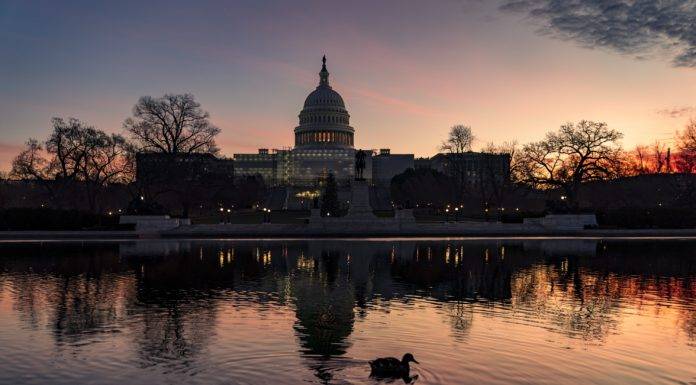(By Casey Harper, The Center Square) The U.S. House of Representatives voted Thursday to pass, H.R. 288, the Separation of Powers Restoration Act, a measure that would significantly shift federal regulatory authority away from the executive branch and back to Congress.
The 1984 Supreme Court case, Chevron v. Natural Resources Defense Council, created the legal principle of “Chevron deference,” the idea that the court should defer to agencies’ interpretations of statutes as long as they are considered reasonable.
Since then, the federal government has grown significantly in size, creating increasingly more rules even as Congress has become more divided on the benefits of those regulations.
“Government works best when it can be held accountable,” said Rep. Scott Fitzgerald, R-Wis., who sponsored the bill. “Unfortunately, unelected bureaucrats in our agencies wield far more power than intended because of mandated deference, like Chevron, during judicial review. This legislation restores Congress’s authority as the branch that makes the laws and the judiciary as the branch to interpret and enforce them.”
Fitzgerald’s office said that the Chevron deference “has led to executive branch agencies circumventing Congress to issue rules with the force of law.”
The U.S. Supreme Court is expected to hear a case on this issue in the fall with a ruling expected in the Spring that could remove the Chevron deference.
“Over the last few decades, and as accelerated during the Obama and Biden administrations, our Constitutional separation of powers has been undermined by Congress’ over-delegation of legislative powers to regulatory agencies in the executive branch,” Rep. Harriet Hageman, R-Wyo., said on the House floor.
“SOPRA requires nothing more than for courts to apply de novo review to all questions of law, including agencies interpretation of statutes and rules,” she added, citing “de novo review,” the idea that the court decides legal cases without deferring to earlier rulings.

